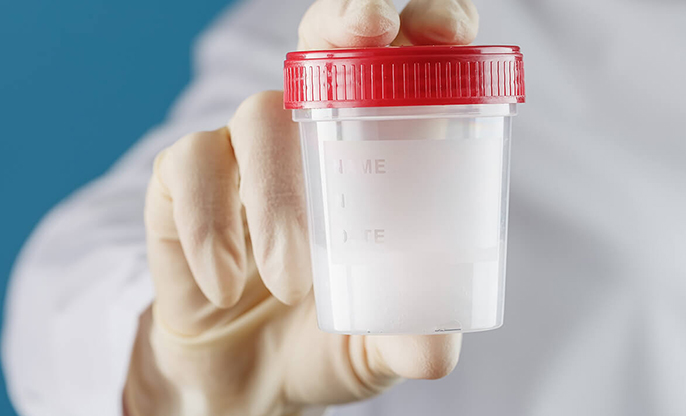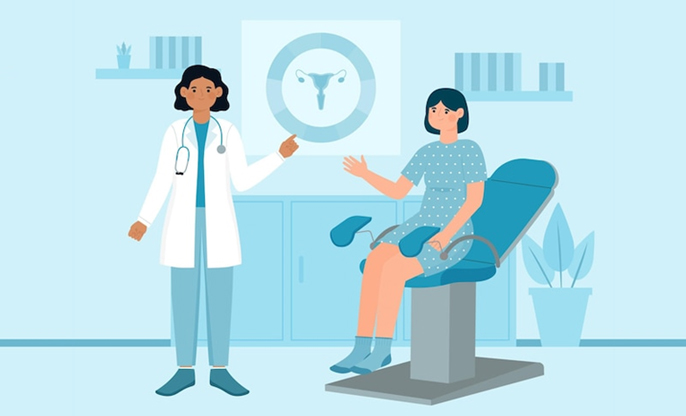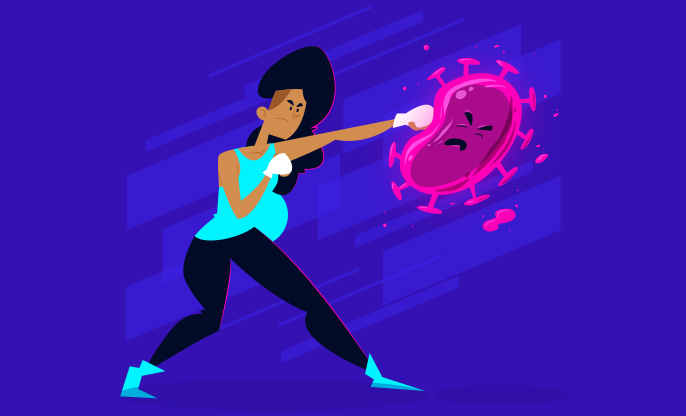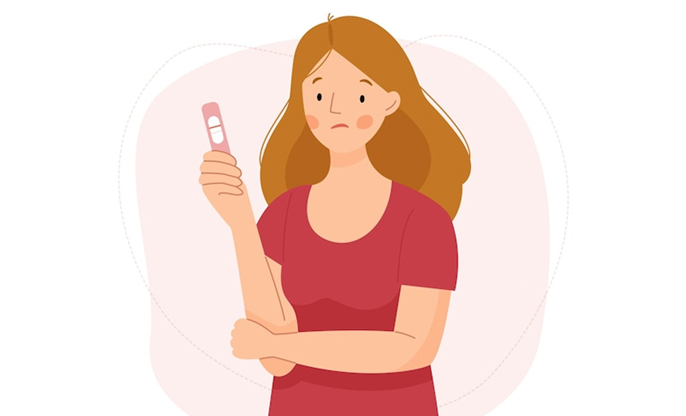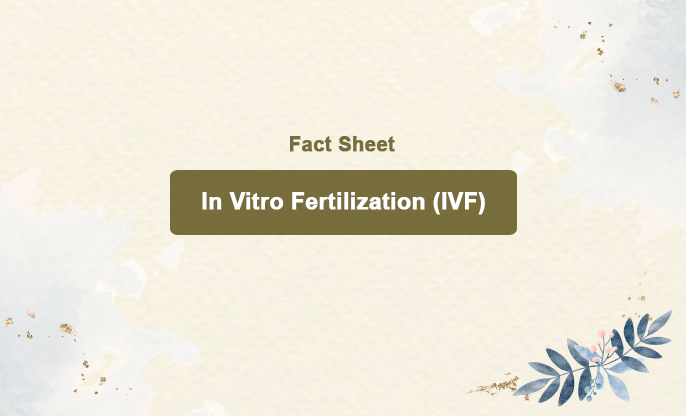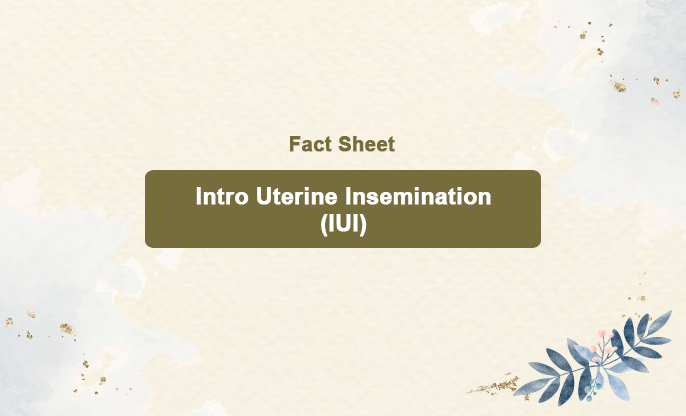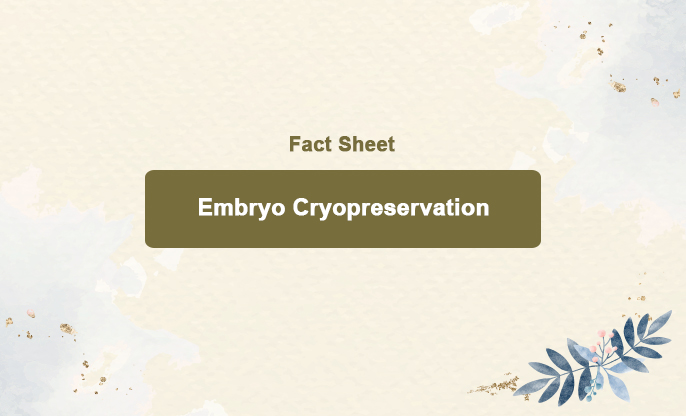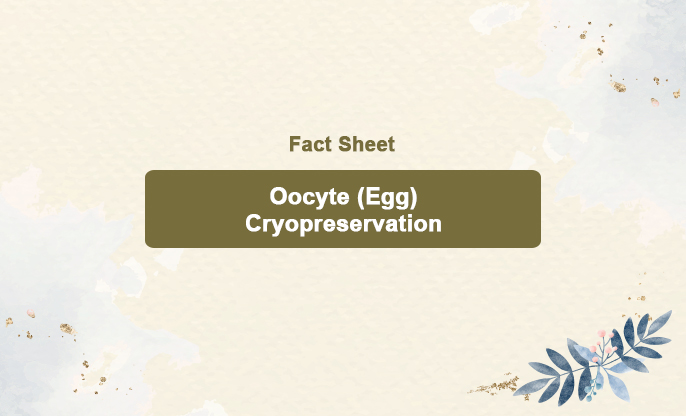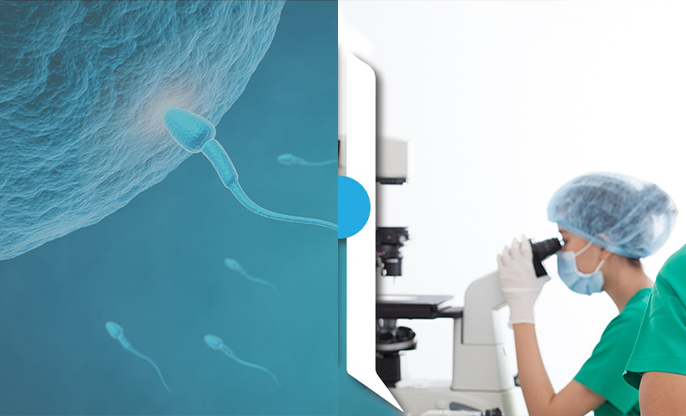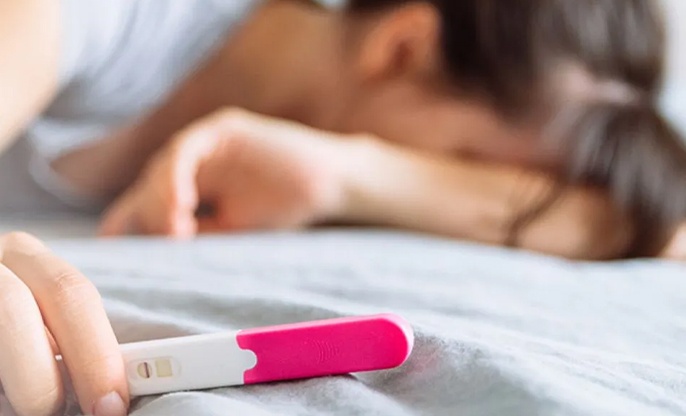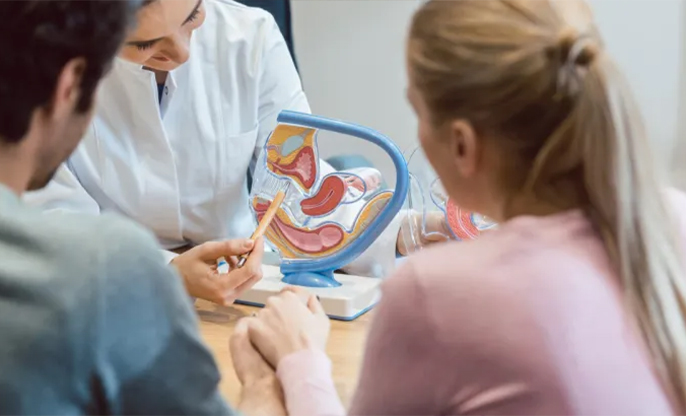
Exploring Biological and Physical Causes
Dealing with infertility can be incredibly challenging, especially when you're eager to grow your family. There are many reasons why you might face difficulties with conception, stemming from various biological and physical conditions. Let's talk through some of the main causes that might be affecting your fertility, helping you understand your own body better in this journey.
Part 1: Biological and Structural Causes of Female
Infertility
Ovulatory Disorders
One of the most common issues
affecting fertility is problems with ovulation, which might show up as
irregular or even absent menstrual cycles. Here’s a closer look:
●
Polycystic Ovary Syndrome (PCOS): If you’re dealing with PCOS, you might
notice irregular periods and higher levels of androgens, which can disrupt the
normal release of eggs from your ovaries.
●
Hyperprolactinemia: This is when there’s too much prolactin in your system,
a hormone that can stop ovulation and make getting pregnant more difficult.
● Premature Ovarian Insufficiency (POI): POI means your ovaries aren't functioning at normal levels before you turn 40, leading to a decrease in both the number and quality of your eggs.
Tubal Factors
Your fallopian tubes play a crucial
role in conception; they're where sperm and egg meet. Any damage here can be a
significant roadblock:
●
Tubal Blockage: Often stemming from pelvic inflammatory disease (PID),
surgery, or endometriosis, a blockage can prevent your egg and sperm from
uniting.
● Hydrosalpinx: This is when a blockage fills a tube with fluid, impacting the success of even IVF treatments due to negative effects on embryo implantation.
Uterine Abnormalities
The shape and condition of your
uterus are also key to successful conception and pregnancy:
●
Uterine Fibroids: These benign growths can distort your uterine cavity,
complicating the implantation process.
●
Uterine Polyps: Overgrowths in your uterine lining can interfere with
the embedding of a fertilized egg.
● Congenital Anomalies: Abnormalities like a bicornuate or septate uterus can disrupt the space needed for an embryo to grow properly.
Endometriosis
This condition, where tissue similar
to your uterine lining grows outside the uterus, can create scar tissue that
affects your ovaries and tubes, often leading to pain during your period and
intimacy.
Cervical Factors
Even issues with your cervix can
create barriers to pregnancy:
●
Cervical Stenosis: A narrow cervix, whether from birth or surgery, can
hinder sperm from entering your uterus.
● Cervical Mucus Defects: If the mucus in your cervix isn't quite right, it can stop sperm from reaching an egg effectively.
This is just the start of our exploration into the complexities of fertility. In our next conversation, we'll dive into how age, genetics, and even your lifestyle can influence your ability to conceive, offering a fuller picture of the fertility puzzle.

